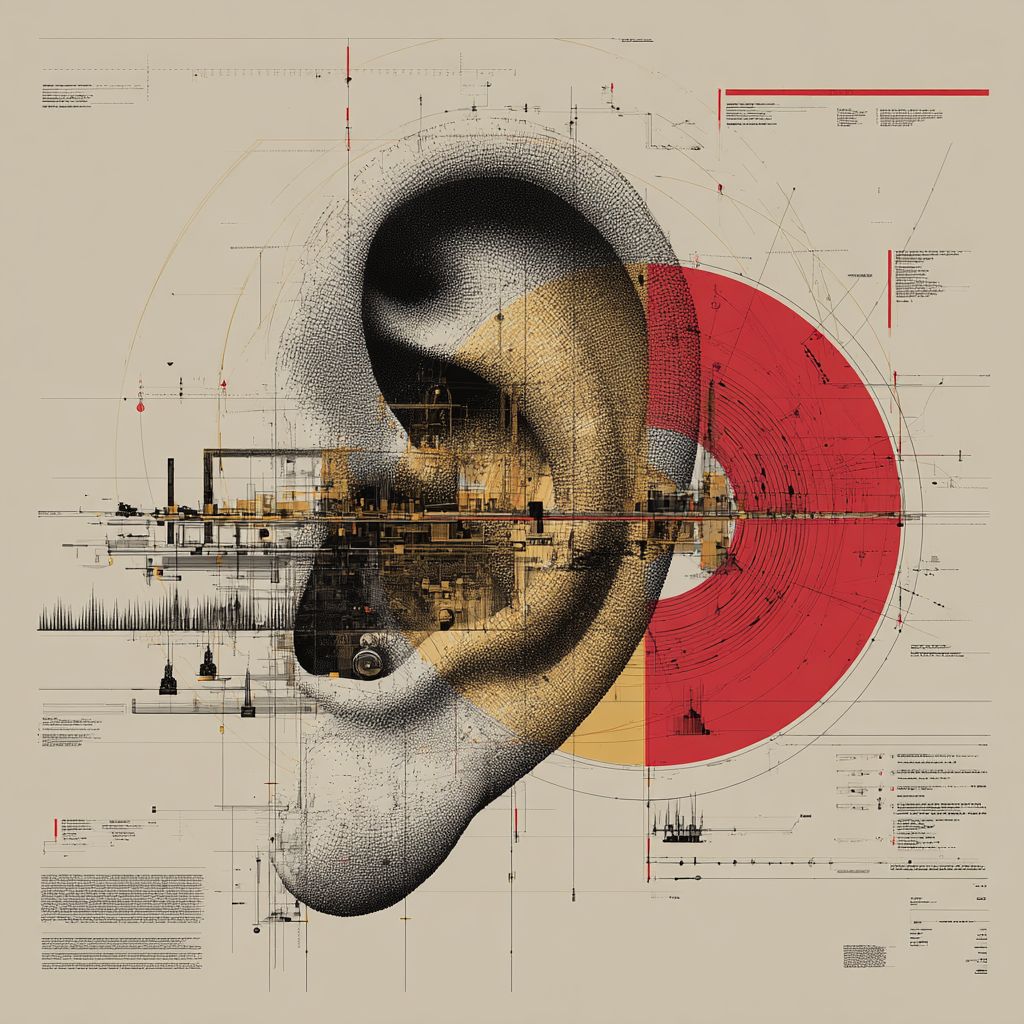The Persistent Challenge
Tinnitus affects an estimated 50 million Americans, creating persistent phantom sounds such as ringing, buzzing, hissing, or pulsing. For some, it is a mild background noise; for others, it disrupts concentration, sleep, emotional well-being, and overall quality of life.
Common triggers include:
Noise exposure
Age-related hearing changes
Ear infections
Stress and anxiety
Jaw or neck tension
Circulatory issues
With conventional treatment options often offering limited or temporary relief, more people are turning to holistic therapies to help calm the noise and restore balance.
TCM Understanding of Tinnitus
Traditional Chinese Medicine (TCM) views tinnitus not as a single condition but as a reflection of deeper internal imbalances. Several TCM patterns may contribute to persistent ringing:
Kidney Deficiency (Yin or Yang)
The Kidneys “open to the ears,” meaning they nourish auditory function.Kidney Yin Deficiency may cause chronic, low-level ringing accompanied by dizziness, insomnia, or heat sensations.
Kidney Yang Deficiency may include fatigue, cold limbs, and reduced vitality.
Liver Fire or Liver Yang Rising
Emotional stress, frustration, or excess heat can cause sudden, loud, high-pitched tinnitus, often paired with irritability, headaches, or red eyes.Phlegm-Damp Accumulation
When fluids are not properly transformed, they can obstruct the ear’s sensory pathways, resulting in muffled or fluctuating sounds, dizziness, or a sensation of fullness.Qi and Blood Stagnation
Circulatory issues—often tied to neck tension or injury—may create pulsatile or intermittent tinnitus.
By identifying the underlying pattern, TCM aims to address both the symptom and its root cause.
How Acupuncture Helps Quiet the Ringing
Acupuncture can be a powerful tool in managing tinnitus by improving circulation around the ears, calming the nervous system, and restoring internal balance. Patients often report reduced intensity, fewer flare-ups, or greater moments of silence over time.
Key benefits of acupuncture include:
Regulating Ear and Head Circulation
Improved blood flow supports nerve function and reduces stagnation around the auditory pathways.Calming Liver Yang and Clearing Excess Heat
Acupuncture helps ease tension, soothe irritability, and reduce high-pitched ringing associated with stress.Nourishing Kidney Yin and Yang
Strengthening the Kidney system supports the deep, foundational energy linked to ear health.Reducing Stress and Anxiety
Because emotional strain can aggravate tinnitus, acupuncture’s calming effect on the nervous system is especially valuable.Relieving Jaw, Neck, and Shoulder Tension
Muscular tension can worsen tinnitus; acupuncture helps relax surrounding structures and improve alignment.Supporting Better Sleep
By calming the mind and body, acupuncture can reduce nighttime ringing and improve sleep quality.
Integrating TCM Therapies for Tinnitus Relief
Acupuncture is often supplemented with supportive TCM therapies to enhance results, including:
Herbal formulas to nourish the Kidneys, clear heat, or resolve phlegm
Tui na or acupressure around the neck, jaw, and scalp
Gua sha to release muscle tension and improve circulation
Moxibustion for warming and strengthening deficiency patterns
Breathwork or gentle qi gong to reduce stress and regulate internal energy
These therapies work together to calm the internal noise, support the body’s healing mechanisms, and restore a greater sense of peace and control.


